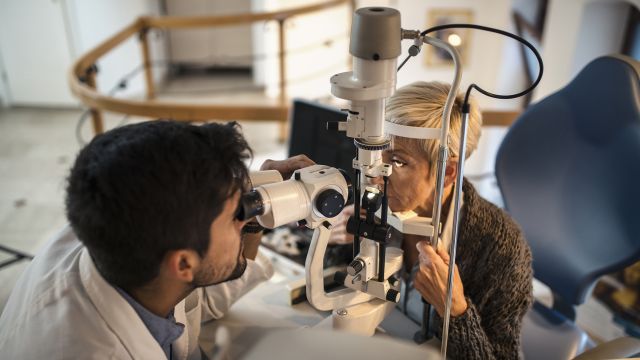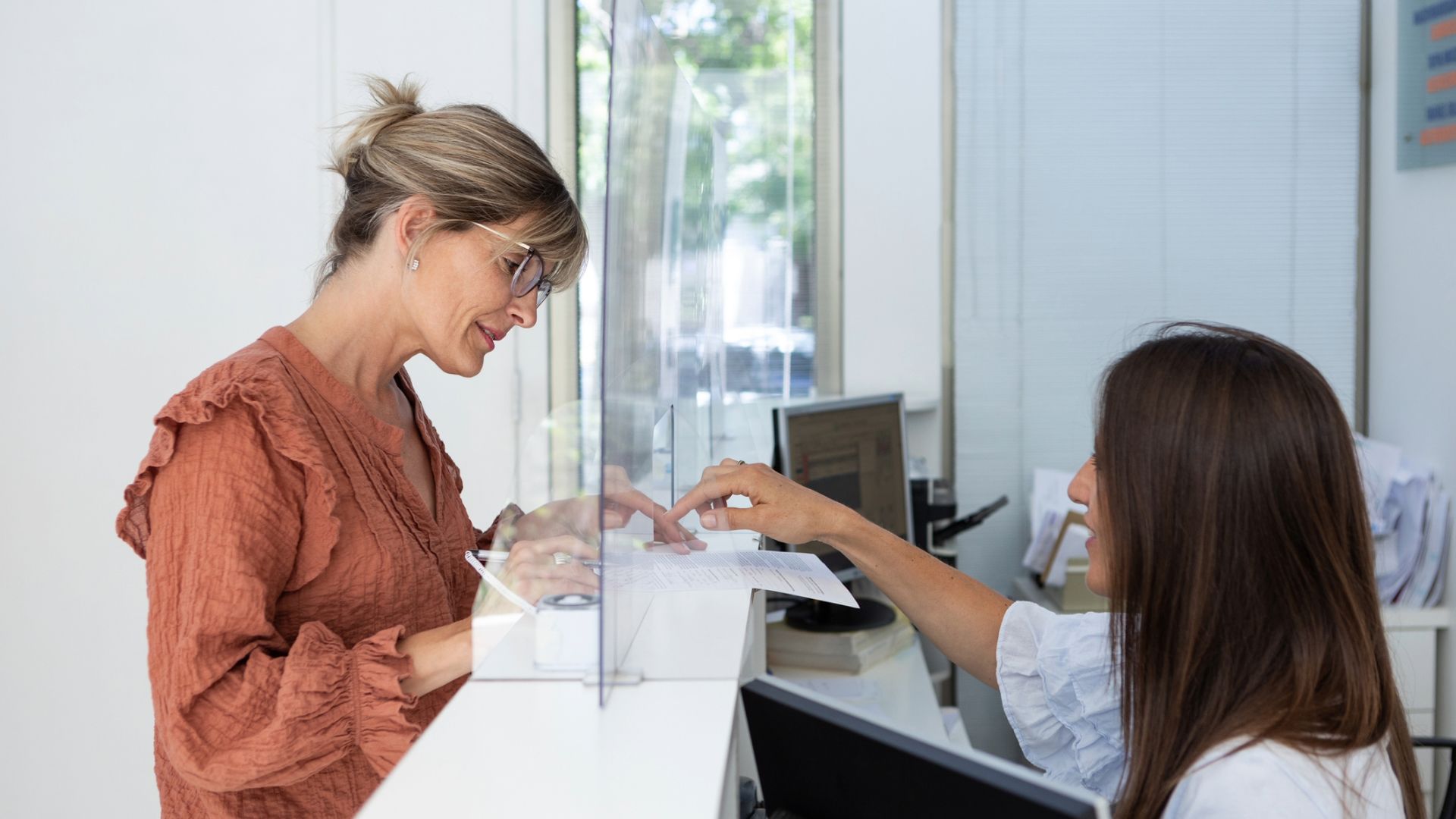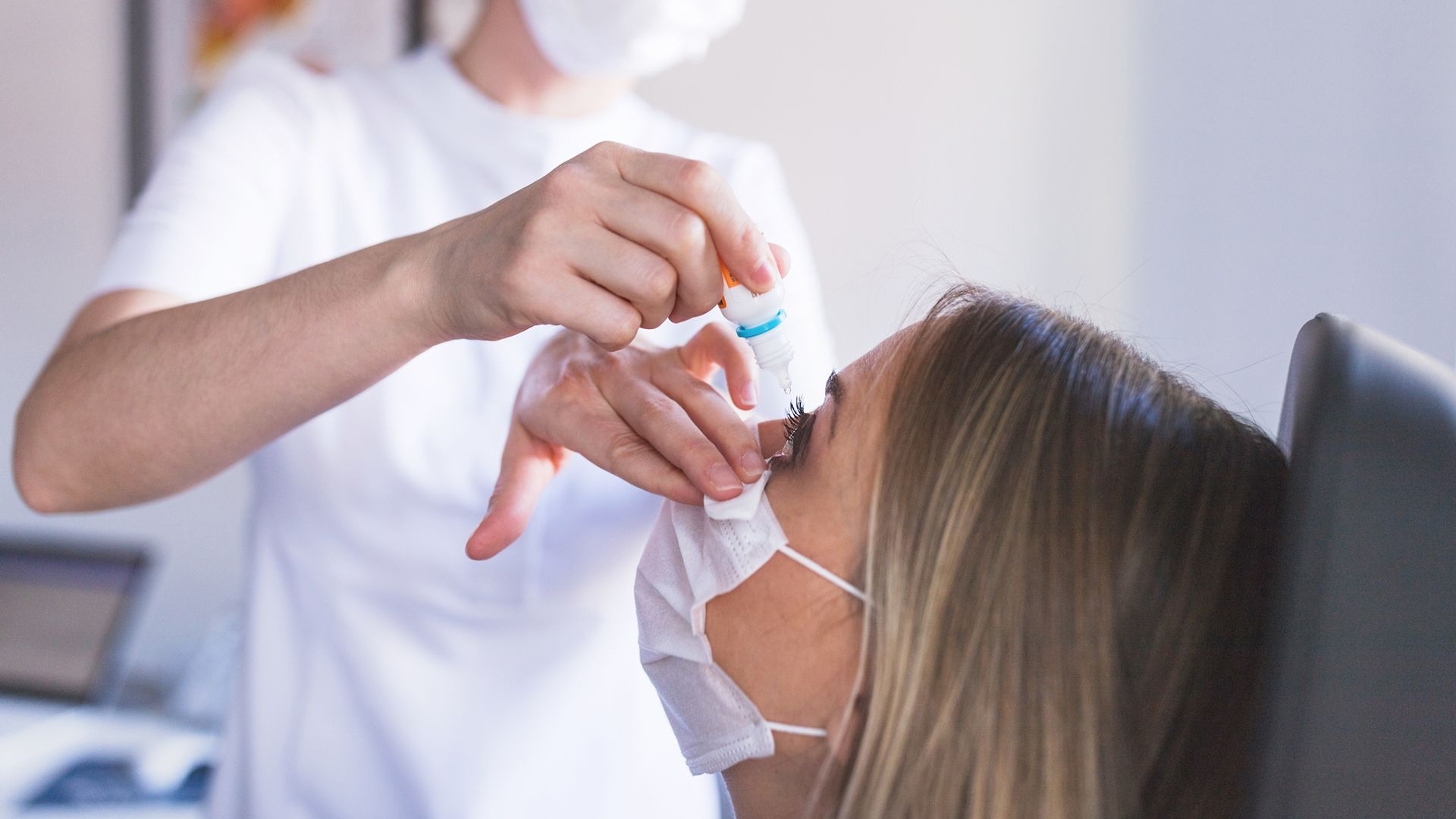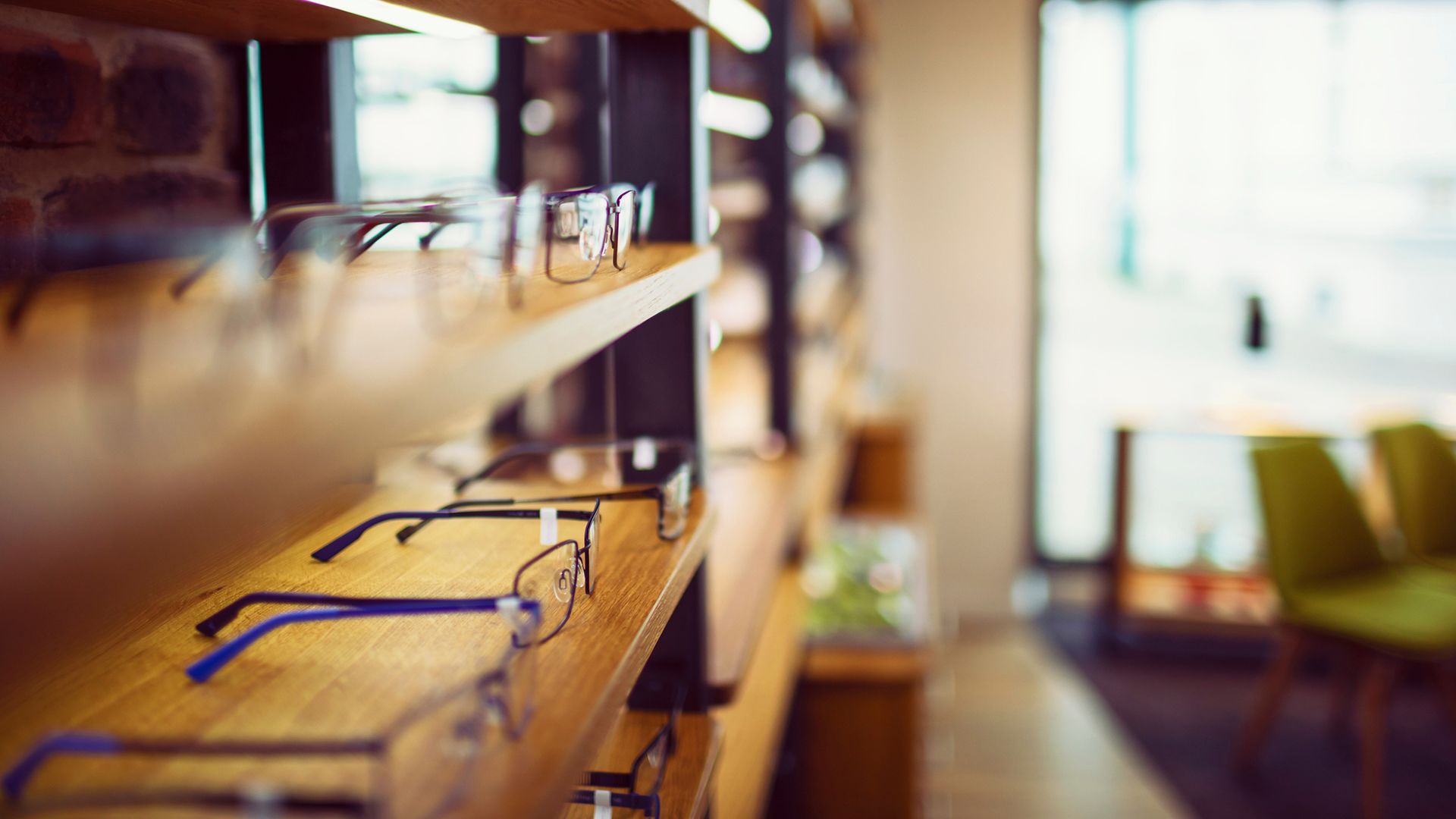Updated on May 1, 2025
Even a slight deterioration of your eyesight can be frustrating and worrisome. It can interfere with your safety, disrupt your overall comfort, and affect your independence.
Still, as you grow older, some changes in vision are often to be expected. Many different parts of the eyes work together to help you see clearly at various distances and under different lighting conditions. As you age, these begin to wear down.
The most significant age-related changes tend to occur in the pupil (the round black opening that lets light into the eye), and the lens (the clear structure that focuses light). These account for many vision issues people experience as the years go by. The extent to which these changes affect vision varies from one person to the next.
Common age-related vision complaints include:
- "I can't see as clearly as I used to."
- "I have difficulty seeing objects close up."
- "Colors don't seem as vivid."
- "It's getting more difficult to see in the dark."
- "I'm less able to adapt to glare."
- "I need more light to see."
Certain eyesight changes—like a gradual loss of central vision—may signal something more serious than age-related issues, however, such as an eye disease.
Common eye diseases among older adults
Many eye diseases are often painless and slow to develop. But they can greatly impair vision if not promptly treated. They include:
- Macular degeneration, a problem with the retina (light-sensitive layer at the back of the eye) that affects central vision
- Glaucoma, which damages the optic nerve
- Cataracts, when the eye’s lens becomes blurry or cloudy
- Diabetic retinopathy, a complication of diabetes that weakens blood vessels in the eye
- Retinal detachment, when the retina is separated from the back of the eye
Ways to protect your eye health
Whatever the cause of your vision issues, it’s important to take steps to minimize their impact and help safeguard the health of your eyes.
Have regular exams
The most important step in protecting your eyes is having regular exams with an eye care professional, such as an optometrist or ophthalmologist. They can determine if your vision issues stem from aging or an eye disease such as macular degeneration. Even if you are not experiencing eye symptoms, regular checkups are a must to maintain eye health.
The American Academy of Ophthalmology recommends having a complete eye exam at age 40, or sooner if you’re at higher risk for eye disease. People ages 65 and older should have an exam at least every one or two years.
During an eye exam, if you could have a disorder affecting the retina, or if you are at risk for other eye diseases such as glaucoma, you may be tested to confirm a diagnosis. With proper treatment, many eye disease symptoms can be minimized or slowed.
Address visual limitations
Whether your eyesight is affected by age or disease (or both), making up for vision losses, no matter how big or small, is important. If ignored, even mild visual impairment can lead to problems ranging from injuries and falls to feelings of depression and social isolation.
Addressing vision troubles as they arise and making the necessary adjustments will help you remain independent and protect your quality of life. Consider trying the following, for example:
- Wear eyeglasses or corrective lenses as prescribed by an eye care professional.
- Make sure your home is well-lit. Open window shades and add lights to dark hallways and corners, under cabinets, and along shelves.
- Reduce clutter and remove tripping hazards in your home, such as area rugs and small ottomans.
- Access tools and products meant for people with vision issues, such as large-print books, magnifiers, and speech-to-text software.
Talk to a provider for additional recommendations.
Consider your lifestyle habits
Studies show that adopting certain lifestyle habits may help protect eyes and reduce the risk of vision issues. In some cases, they may help to slow the progress of disease, as well. These habits include the following.
- Eat a healthy, well-rounded diet full of colorful produce. Many fruits and vegetables contain pigments called carotenoids that are believed to help safeguard vision. Carotenoid-rich foods include sweet potatoes, cantaloupe, spinach, tomatoes, kale and mangoes.
- Take steps to quit smoking. Speak with a healthcare professional about an approach that might work for you.
- Limit or avoid alcohol. Chronic alcohol consumption has been linked to a higher risk of many eye diseases.
- Reduce exposure to the sun’s harmful UV light. Wear sunglasses that block 99 to 100 percent of UVA and UVB rays, as well as a wide-brimmed hat when you go outdoors.
Maintaining your eyesight becomes increasingly important as time goes on. Taking these steps can help safeguard your health and well-being in the years to come.






